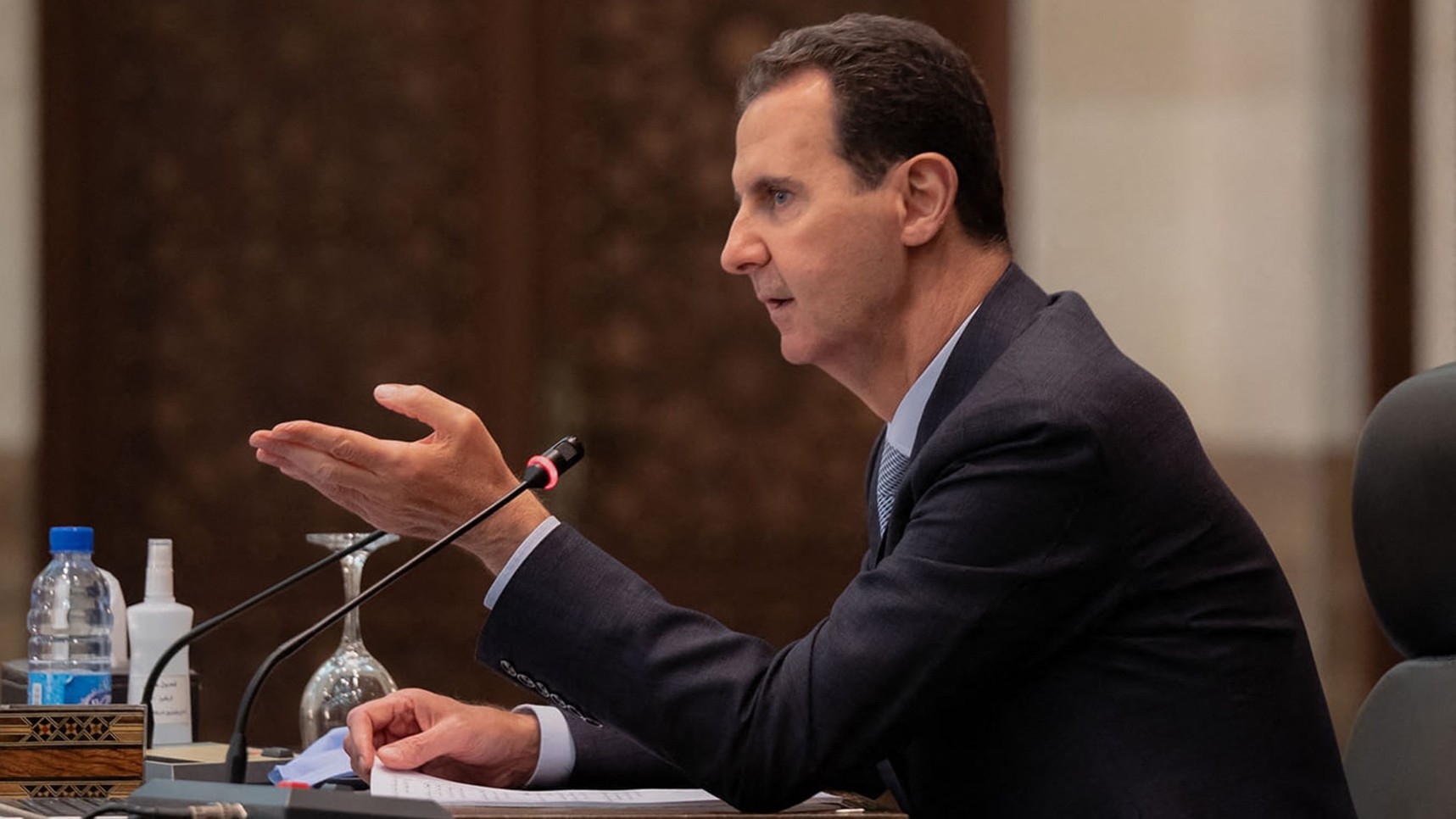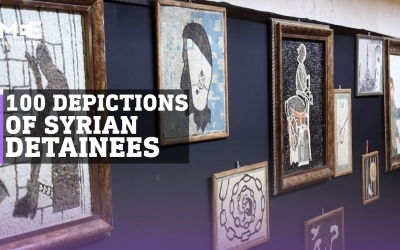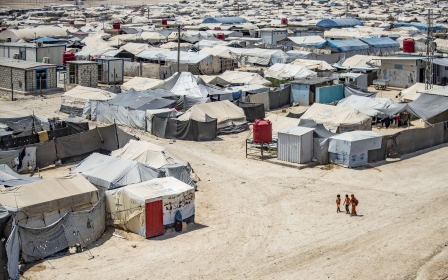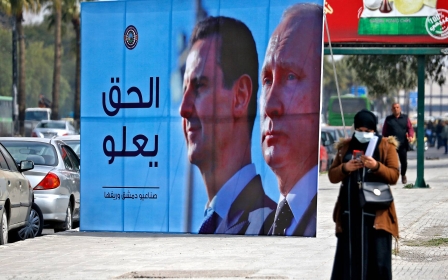Syria's Assad approves new law tightening freedom of speech

Syrian President Bashar al-Assad signed into law a bill on Monday that would impose a six-month jail sentence for citizens residing in the country accused of spreading disinformation that undermines the state's reputation.
Under the previous law, only Syrians residing abroad could be hit with jail sentences, likely in absentia, for spreading fake or exaggerated news deemed damaging to the state. But the new legislation would similarly target Syrians at home.
"Every Syrian who knowingly publishes false or exaggerated news that undermines the prestige... of the state shall be punished by imprisonment for at least six months," the presidency said in a statement.
The same sentence was laid out for any Syrian who "publicises news that could improve the reputation of an enemy state", the presidency added, without specifying any countries.
The new law also introduced a prison sentence of at least one year for "every Syrian who, in writing or in speech, called for the cession of Syrian territory", according to the statement.
New MEE newsletter: Jerusalem Dispatch
Sign up to get the latest insights and analysis on Israel-Palestine, alongside Turkey Unpacked and other MEE newsletters
Syrians have feared prosecution for criticising the state for decades, even though the constitution did not lay out specific legislation banning such comments.

The country is deemed to be one of the most restrictive and deadly places for media and journalism, ranking close to the bottom of the Reporters Without Borders global press freedom list.
Since 1974, aspiring Syrian reporters have had to register with the state-run Union of Syrian Journalists, which maintains strict barriers to joining; those working as freelancers or for private outlets are barred entry. And an emergency law enacted in 1963, the year the Baath Party seized power in a military coup, severely restricted press freedoms for decades until it was rescinded in 2011.
However, in the decade since the civil war in the country, which has killed around half a million people, the Syrian government has gone even further to restrict press freedoms.
The United Nations Human Rights Council said in a statement earlier this month that Syrians in the country "lived in fear of being arrested for expressing their opinion, belonging to a dissenting political party, reporting for the media, or defending human rights".
The latest move follows months of growing discontent over a spiralling economic crisis. A decade of war, western sanctions and the Covid-19 pandemic have devastated the Syrian economy, pushing most of the population into poverty as the value of the Syrian pound has plummeted.
Government spending has been cut by more than 40 percent over the past two years, with cuts threatening a critical social support programme.
The rising cost of living has been further stoked by food and fuel price inflation resulting from Russia's invasion of Ukraine.
Middle East Eye delivers independent and unrivalled coverage and analysis of the Middle East, North Africa and beyond. To learn more about republishing this content and the associated fees, please fill out this form. More about MEE can be found here.




